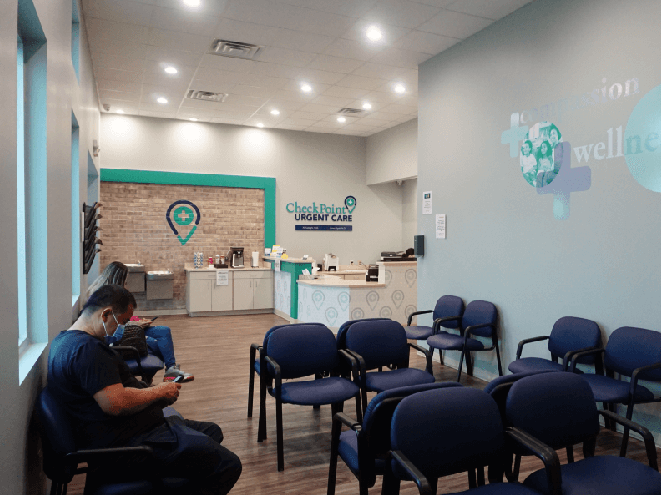Common allergens include pollen, pet dander, dust mites, and certain foods. Allergic reactions can range from mild symptoms, such as a runny nose and itchy eyes, to more severe reactions like anaphylaxis. Managing allergies can be challenging, as allergens are often present in the environment and can be difficult to avoid.
Allergies
Every year millions of people suffer from seasonal allergies and allergic reactions. When your immune system thinks a foreign substance is harmful, it will attack it, even if it isn’t harmful. These foreign substances are called allergens.
Seasonal Allergies Vs. Allergic Reactions
An allergic reaction is the body’s response to allergens. Season allergens can cause an allergic reaction. However, not all allergic reactions are due to seasonal allergens.
Seasonal allergies are a response to plants pollinating, grass, and mold at certain times of the year. You may have reactions in the spring but are fine in the fall, while a friend is miserable all year round. Other seasonal triggers include campfire smoke, pool chlorine, and insect bites and stings. Since these triggers pop up more during certain seasons, the American College of Allergy, Asthma, and Immunology groups them with seasonal allergies.
Allergy Symptoms
Depending on the substance and your body’s reaction, symptoms can vary. Common seasonal allergy symptoms are:
- Sneezing
- Itchy nose, eyes, or roof of the mouth
- Running or stuffy nose
- Watery, red, and swollen eyes
Some symptoms that can appear with other allergic reactions are:
- Hives
- Rash
- Itchy skin
- Chest tightness
While alarming, not all symptoms are life-threatening. Learning to manage symptoms and remove allergens will prevent future reactions.
Anaphylaxis
While most symptoms are not life-threatening, some allergens can trigger Anaphylaxis in some people.
This is a medical emergency, and treatment should be administered immediately to prevent the individual from going into shock. Do not come to CheckPoint Urgent Care if you or someone you are with is experiencing Anaphylaxis. Go to the closest emergency room.
Symptoms and signs of Anaphylaxis to be aware of are:
- Loss of consciousness
- A drop in blood pressure
- Severe shortness of breath
- Skin rash
- Lightheadedness
- A rapid, weak pulse
- Nausea and vomiting
If you experience these symptoms, you should call 911 immediately and administer an epinephrine auto-injector if you have one. If symptoms subside after epinephrine, still go to the emergency room to ensure symptoms will not return.
Allergy Treatments
There are a few ways that you can manage your symptoms and prevent them from getting worse. You will need to talk to your doctor about your specific reactions so they can help you create the best plan for your condition.
- The best way to prevent allergies is to avoid the allergen. Cutting out certain foods and removing triggers from your environment will reduce your symptoms.
- Some allergies can be treated with medications. These can come in the form of pills, liquid, nasal sprays, or eye drops.
- Severe allergies could be treated by immunotherapy. This involves a series of injections of purified allergen extracts administered over a few years. Some pollen allergies are treated with sublingual drugs (tablets placed under the tongue to dissolve).
- Emergency epinephrine may need to be carried by those who have severe and life-threatening allergies.
CheckPoint Urgent Care Is Here For You
If you are experiencing a non-life-threatening medical emergency, CheckPoint Urgent Care can help you. We have a highly skilled team of practitioners that will take care of you and your loved ones. We are open every day from 9 am – 8 pm. We serve patients in the New Iberia, Crowley, and Opelousas, LA areas.








